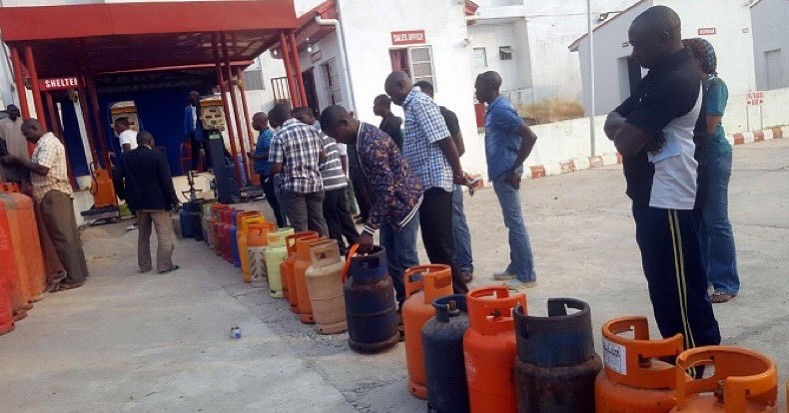The World Bank has revealed that Nigeria must increase its current economic growth rate by five times to reach a $1 trillion GDP target by 2030 and reduce rising poverty levels. This was disclosed during the unveiling of the Nigeria Development Update (NDU) report titled “Building Momentum for Inclusive Growth.”
Presenting the report, Alex Sienaert, Lead Economist for Nigeria at the World Bank, commended recent macroeconomic reforms by the Nigerian government, which have contributed to stabilizing the economy. However, he emphasized the need for inclusive growth, especially by expanding cash transfer programs for vulnerable citizens.
Sienaert noted that the private sector must play a leading role in driving sustainable economic growth and job creation, while the public sector should focus on human capital development, infrastructure, and creating an enabling business environment.
“Nigeria must position its public sector to deliver essential services and empower the private sector to invest, innovate, and thrive,” he stated.
The event had in attendance key figures like Minister of Finance Wale Edun, CBN Governor Olayemi Cardoso, Minister of Communications Bosun Tijani, Minister of Budget Abubakar Bagudu, and Acting World Bank Country Director Taimur Samad, among others.
The report emphasizes the urgent need to rebalance economic growth toward productive sectors that create employment and improve living standards for Nigerians. While sectors like ICT and finance are growing, they cannot employ the masses due to widespread skill gaps.
To meet the $1 trillion goal, the World Bank advised Nigeria to focus on:
- Infrastructure development, especially in power and transportation
- Business-friendly policies and market reforms
- Access to finance for small and medium enterprises (SMEs)
- Economic diversification into agriculture, manufacturing, and industrial sectors
- Nigeria recorded a 4.6% year-on-year GDP growth in Q4 2024, pushing the forecasted annual growth rate to 3.4%—the highest since 2014, excluding the COVID rebound.
- Fiscal indicators also improved as the budget deficit dropped from 5.4% of GDP in 2023 to 3.0% in 2024, with federal revenues increasing from N16.8 trillion to N31.9 trillion.
Despite these gains, inflation remains a concern but is projected to ease to an average of 22.1% in 2025, helped by the Central Bank’s monetary policy.
HEED: Follow us on Instagram or any other social media platform and get the most reliable news directly in your favourite app!
Acting World Bank Country Director Taimur Samad praised Nigeria’s progress in macroeconomic stability and encouraged further investment in social protection and education.
Finance Minister Wale Edun reiterated the need for transparency in the oil sector and highlighted the role of digital transformation in expanding social safety nets.
CBN Governor Cardoso expressed confidence that ongoing reforms would lower inflation and interest rates, while boosting financial inclusion and support for the fintech ecosystem.
NaijaBlogDaily# is visible on all social media platforms, and we bring you the latest Nigerian news on politics and economy, entertainment, and celebrity updates, including sports across Nigeria and beyond…
Keep visiting and following up with us on any social media platform you are using to keep you updated 💯
Remember (information brings knowledge and power).
STAY TUNED!!!



